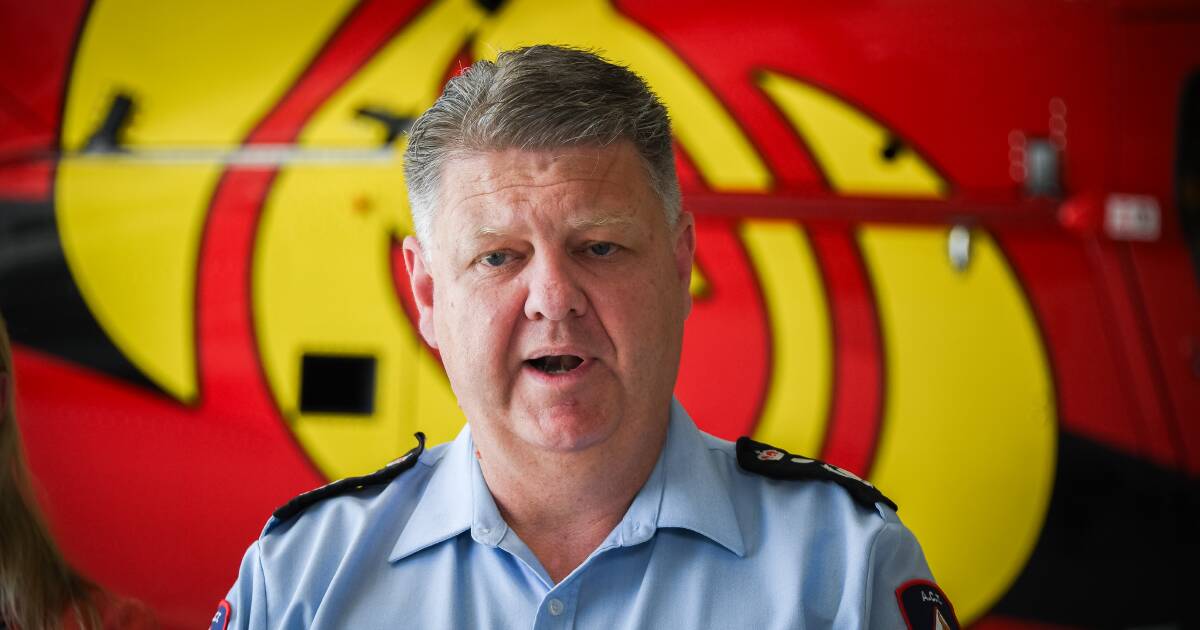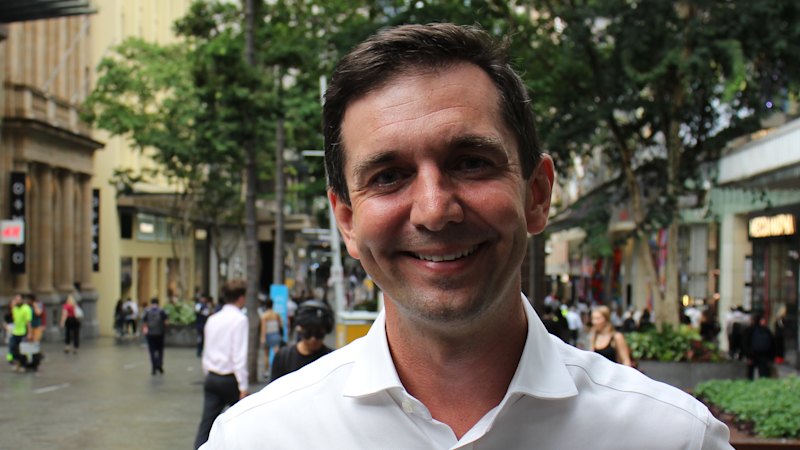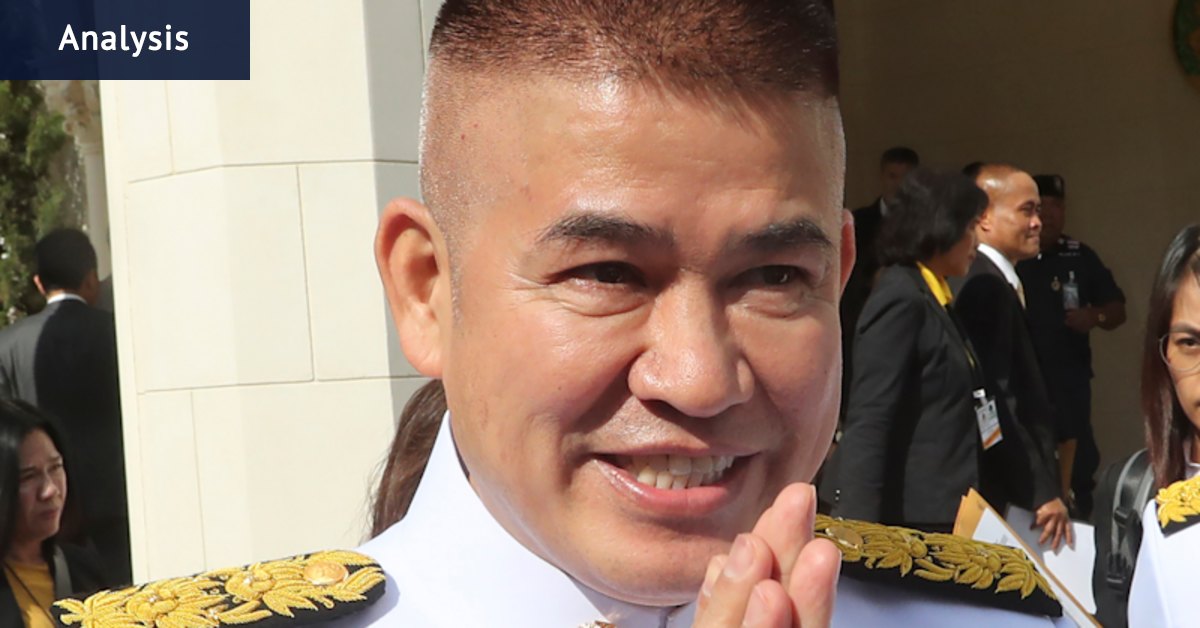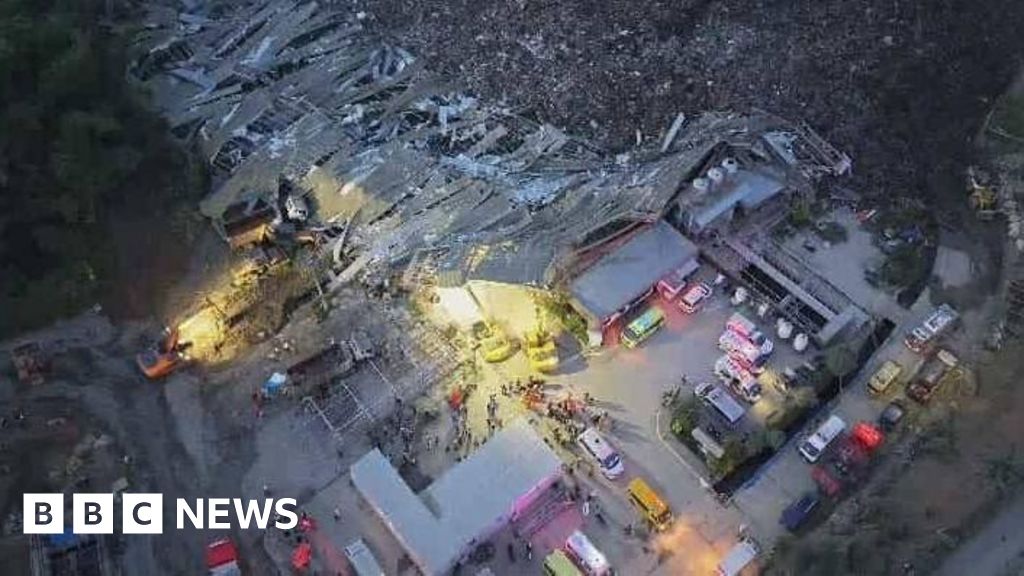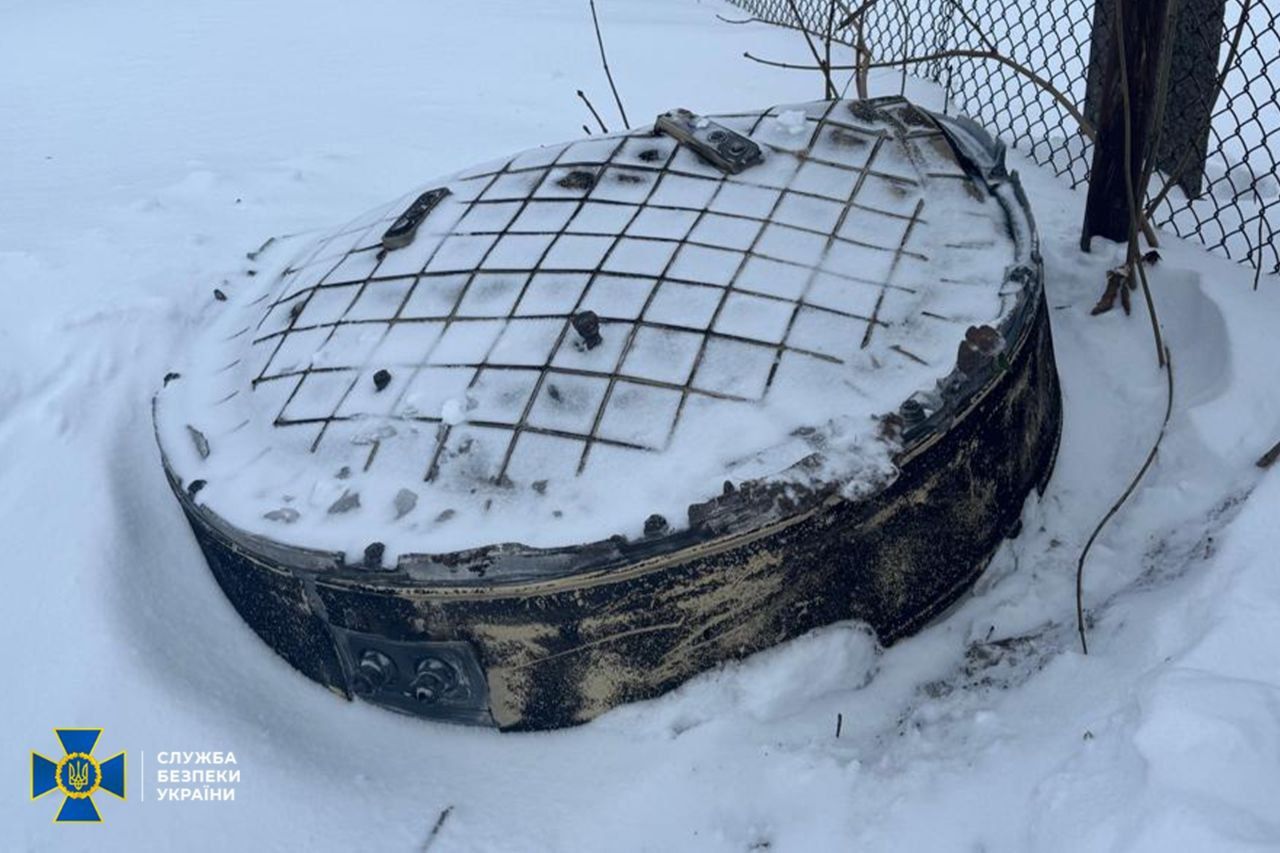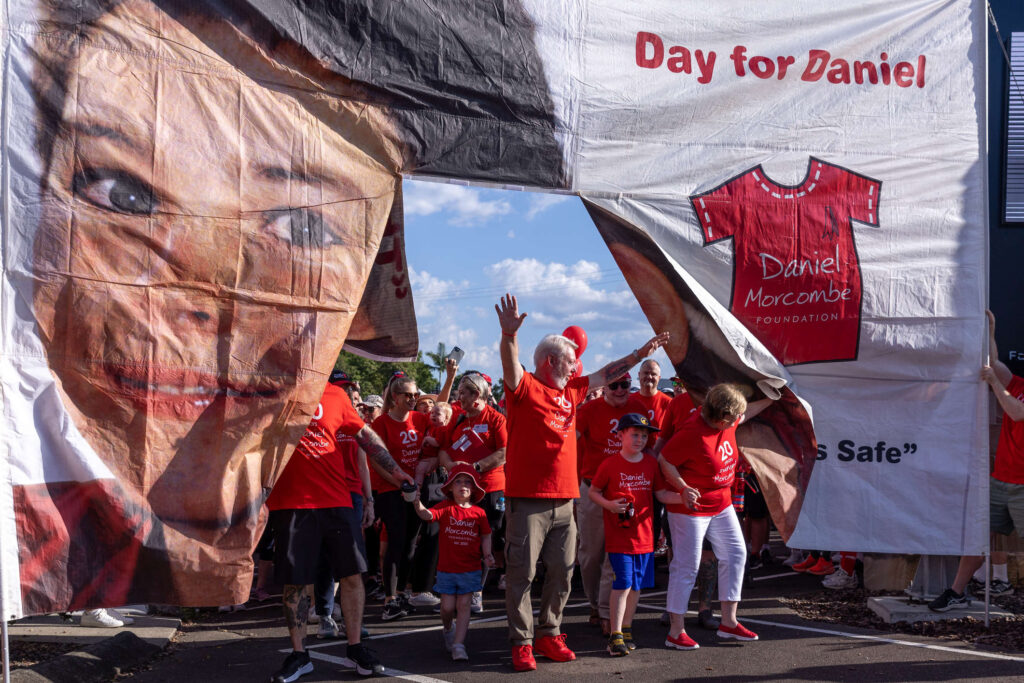
The Morcombe family walks through a banner during the 2024 Walk for Daniel in Woombye, Sunshine Coast, Friday, October 25, 2024. Queensland Opposition Leader David Crisafulli is continuing his election campaign in South East Queensland. (AAP Image/Russell Freeman) NO ARCHIVING
A landmark law named in honor of Daniel Morcombe will establish Australia’s first public child sex offender register. Passed by the Queensland Parliament on Thursday evening, Daniel’s Law arrives more than two decades after the tragic abduction and murder of Sunshine Coast teenager Daniel Morcombe by a sex offender. The timing of the law’s passage coincides with the eve of the Day for Daniel, a day dedicated to promoting child safety awareness across the country.
“As Daniel’s mum and dad, we’re incredibly proud,” said Bruce Morcombe at the state parliament. “I’m incredibly indebted to the Crisafulli government for making this happen in a relatively short space of time … this is about protecting children going forward.”
The Morcombes are now advocating for the adoption of a national register. Daniel’s Law is designed to empower parents by allowing them to identify child sex offenders who are in breach of their court orders, discover if any live nearby, and check the background of anyone who has unsupervised access to their children. The law includes safeguards to prevent misuse of the public register, with severe penalties for vigilantes, who could face jail terms of up to 10 years.
Comparative Legislation and National Implications
Similar laws exist in Western Australia, albeit with more restricted access to the register. In contrast, a proposed registry in South Australia would charge individuals for access, a feature not included in Queensland’s legislation. Premier David Crisafulli emphasized the importance of the new law, stating, “For too long, monsters have been hiding in plain sight, living next door, having interactions with kids. This gives parents another tool to try and keep their kids safe.”
Under Daniel’s Law, child sex offenders who fail in their reporting obligations will have their information made public on the register. Parents and caregivers can apply to the register to determine if another adult or person set to look after their child has a history of child sex offenses. “We will give parents something they have never had before – the right to know, the right to see the truth that for too long has been hidden behind closed files and locked doors,” said Police Minister Dan Purdie.
Emotional Testimonies and Legislative Impact
The introduction of Australia’s first public child sex offender register prompted an emotional response from an MP who shared harrowing allegations of abuse under parliamentary privilege. “During one summer of January 2016, my then six-year-old daughter was the victim of a sexual assault,” the MP revealed. “There were other people around. It was broad daylight, and it wasn’t a stranger – I didn’t know.”
“This beautiful, mature, super smart, wonderful daughter of mine came to me in her quiet, no-fuss manner and described the events of that day in so much detail, like it was yesterday,” the MP said. “My daughter is not defined by this, but it has definitely had a significant impact.”
The MP’s revelation underscores the complex journey faced by victims of sexual abuse, balancing the pursuit of justice with personal healing. “Victims live a battle of weighing up facing justice versus healing themselves, and the journey is individual and complex,” the MP stated.
Future Directions and National Adoption
The Morcombes’ push for a national register reflects a broader desire to extend the protective measures offered by Daniel’s Law across Australia. As the law takes effect, it promises to reshape the landscape of child safety, offering parents critical tools to safeguard their children.
For those affected by sexual abuse, support services are available, including 1800 RESPECT (1800 737 732), National Sexual Abuse and Redress Support Service (1800 211 028), Lifeline (13 11 14), and Kids Helpline (1800 55 1800) for individuals aged 5 to 25.
